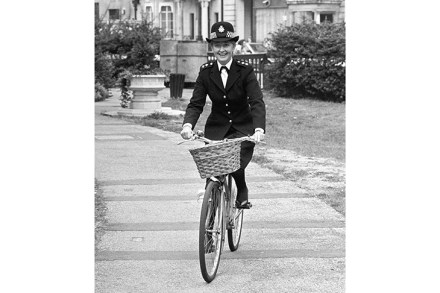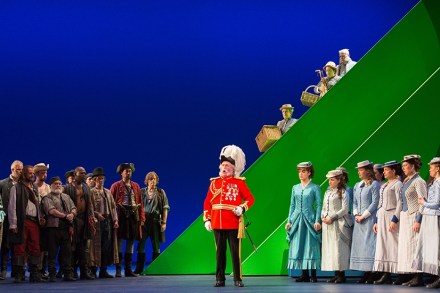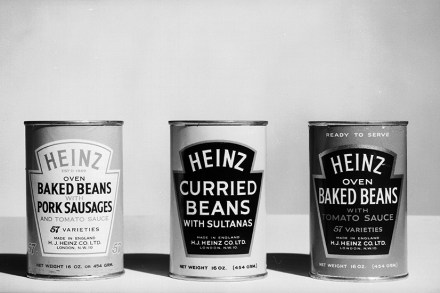Spectator competition winners: poems inspired by the phonetic alphabet
In Competition No. 3210, you were invited to provide a poem or a piece of prose containing words from the phonetic alphabet. The brief didn’t stipulate that you incorporate all 26 words, but hats off to those who shoehorned them in. In a whopping, wide-ranging entry, with echoes of Keats and MacNeice, and ‘Papa’ Hemingway





















